What is the STEAM education?
STEAM education is the name given to an education model that focuses on science, technology, engineering, the arts, and mathematics. The STEAM initiative itself was originally developed by Georgette Yakman and emerged from the previous STEM model, which broadly covers the same topics but excludes the arts from its definition.

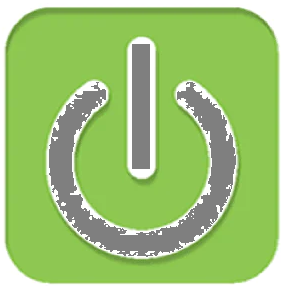
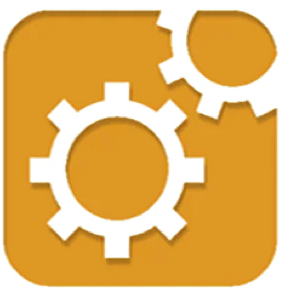
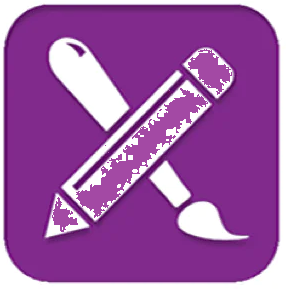

We want to promote STEAM vocations in girls
Its mission is to promote specific initiatives that contribute to shaping an education and training system that eliminates gender stereotypes associated with certain vocations and professions, that promotes female empowerment in STEAM disciplines from early stages of education and contributes to eliminating the gender gap. It is making headway thanks to the access of our young women to these disciplines, as is occurring at an international level.
How to apply for STEAM Alliance membership
What are the motivations for applying for membership and what can your organization or company contribute to the members of the STEAM Alliance in one of these fields:
– Research on the talent of girls and young women in the field of STEAM.
– Social visibility and sensitization campaign on the importance of the presence of women in STEAM.
– Promotion of a network of Alliance STEAM Afrika Education centers through methodological contributions and didactic materials.
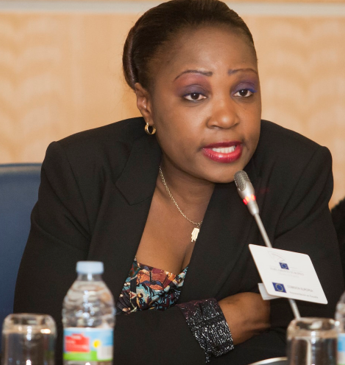



Lucy Mwaniki
Project Manager
ASAE & Country Representative, IRDAS
Kenia
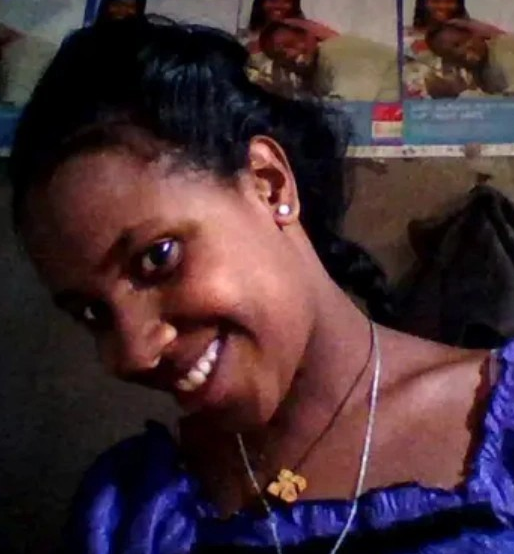
Tadelech sisay
Project Manager
ASAE & Country Representative, IRDAS
Ethiopia
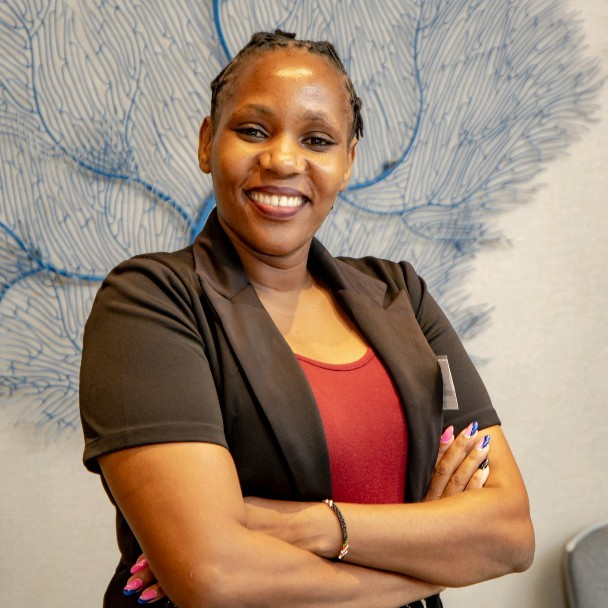
Grace Irungu
Project Manager
ASAE project
Kenia
Women promoting the participation of women and girls in STEAM in Africa.
Latest News
Read Latest Updates
10th Edition of the Anesvad Foundation Awards: A Decade of Honoring the Commitment to the Right to Health

Three mindset shifts to build digital and AI empowered education systems

Acknowledgment of ASAE Participants at the 2024 STEM Africa Continental Conference.
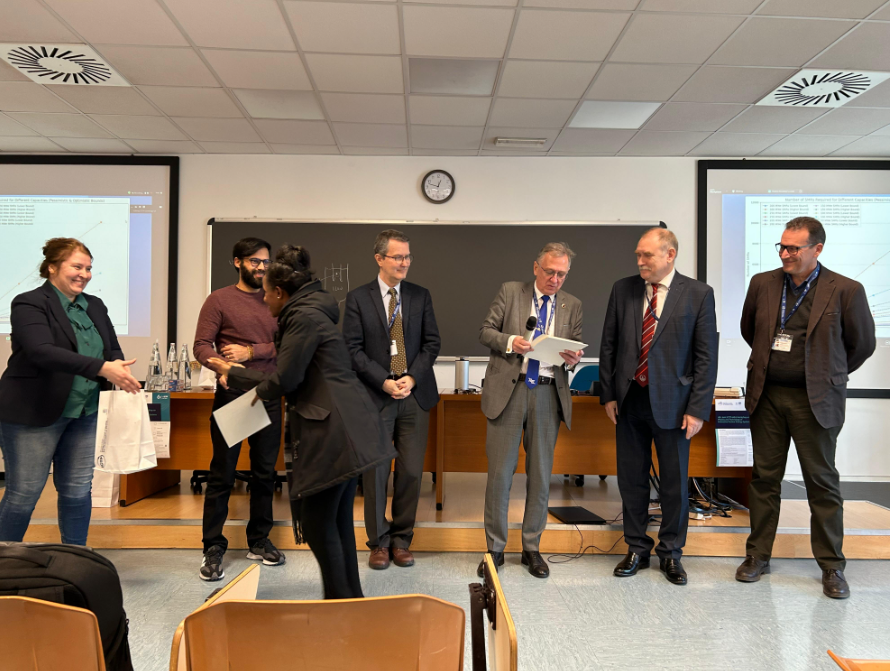
Tadelech sisay Mekonin, ASAE project manager and IRDAS Ethiopia national representative contributes to advanced nuclear energy discussions. (Trieste, Italy).


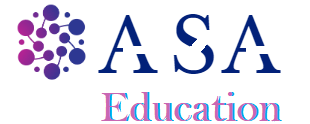
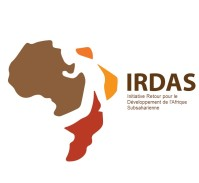
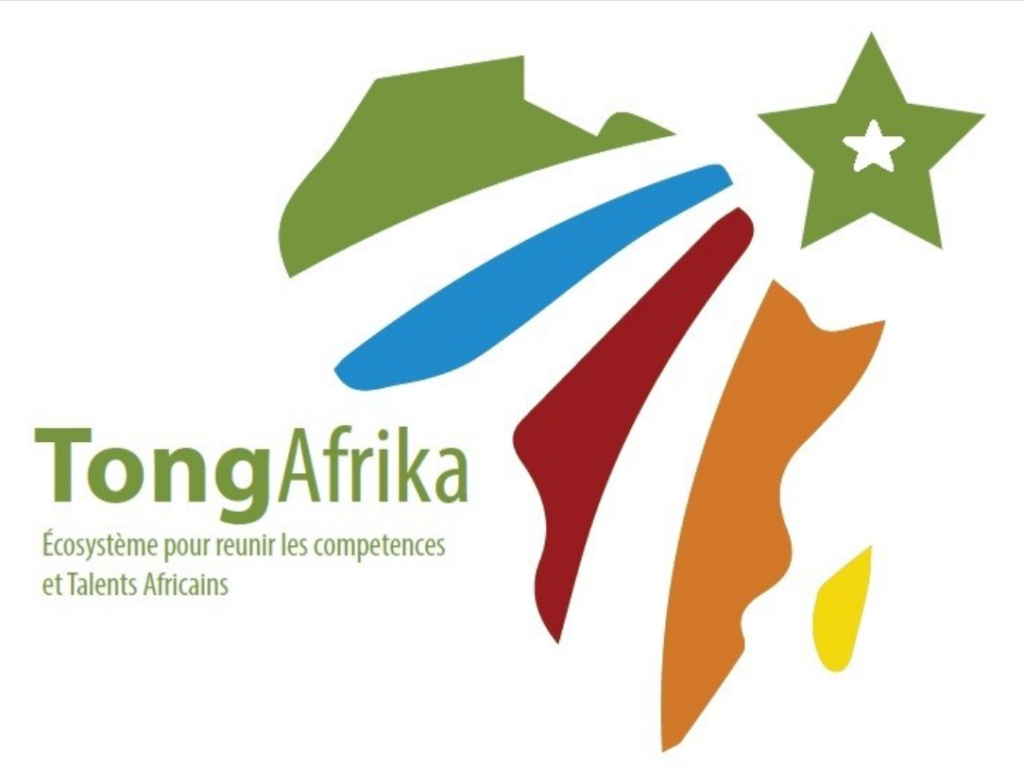
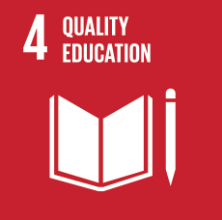

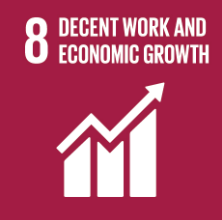


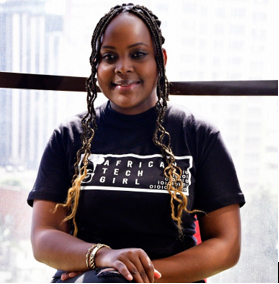






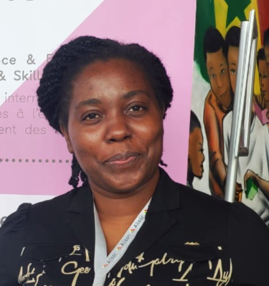






 gutentor-overlay
gutentor-overlay